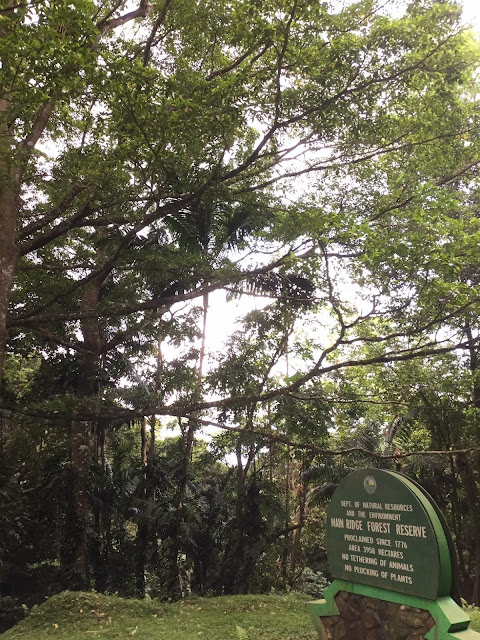Dwindling Global Biodiversity

Dr Anjani Ganase surveys what the world is losing through human activities, and makes an appeal for living within our means in the natural world. On May 22, we observe the International Day for Biological Diversity. Biodiversity denotes the variety of living organisms that make up the natural world around us. The world as we know it is the culmination of evolution over billions of years, the result of the slowly ever-changing global environment. Organisms evolve and co-evolve with each other and the environment. The biodiversity of ecosystems is the result of balance between competition for resources and external disturbance events that create opportunities for new life. The diversity of habitats and organisms not only sustain biodiversity but is essential to our survival. Plant stocks don’t just supply the fruits and vegetables we eat today but provide the genetic stock for future supplies in a changing climate. The terrestrial and marine habitats provide ...
